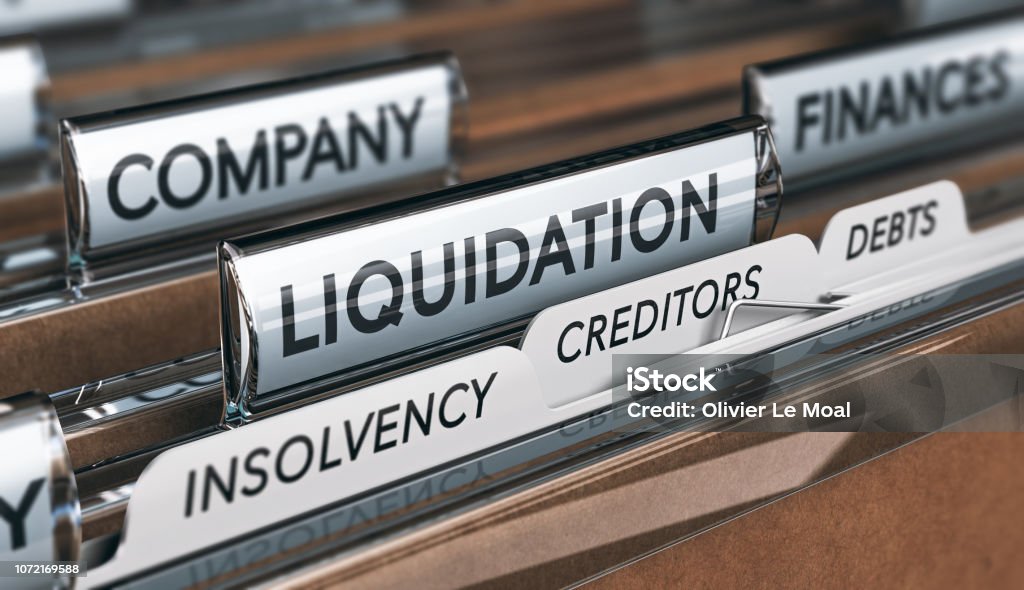Setting up a corporate bank account in Chad is a crucial step for any business looking to establish a presence and operate efficiently in the country. While the process can be complex due to regulatory requirements and bureaucratic procedures, having the right guidance simplifies everything. This comprehensive guide walks you through every stage in the most human, grounded, and straightforward way possible.

Understand the business environment in Chad
Before diving into paperwork and appointments, it’s important to recognize the unique financial environment of Chad. As a member of CEMAC, Chad uses the Central African CFA franc (XAF), and its banking system is regulated by the regional banking authority, COBAC. Most commercial banks operate under regional banking rules, but local nuances still play a major role.
Chad’s economy, largely driven by oil, agriculture, and services, is growing steadily, and so are its banking services. That said, many banks still operate with traditional systems—so patience, persistence, and personal relationships go a long way.
Choose the right bank for your company
Not all banks in Chad cater to corporate clients in the same way. Some have dedicated business banking departments, while others focus more on retail services. Major commercial banks such as Ecobank, Société Générale Tchad, Banque Commerciale du Chari (BCC), and UBA are generally considered among the most business-friendly.
When selecting a bank, consider these factors:
- Availability of online banking and transaction support
- English-speaking staff (especially if you don’t speak French)
- Speed of account opening procedures
- Clarity and transparency in fee structures
- Experience dealing with foreign-owned or new businesses
Visiting a few bank branches in person is not just helpful—it’s often essential. In Chad, personal interaction still holds significant weight in business relationships.
Prepare the required documents
Once you’ve chosen a bank, the next step is documentation. Be prepared to provide multiple copies and expect that notarization or certified translations might be required, especially if your documents originate outside Chad.
Typical documents include:
- Certified copy of the company’s Articles of Association
- Certificate of Incorporation issued by the Chadian Trade and Companies Register
- Proof of physical office address in Chad
- Tax identification number (NIF – Numéro identification Fiscale)
- A board resolution authorizing the opening of the account
- Valid ID or passport of company directors and signatories
- Residency permits (if applicable for foreign directors)
Some banks may also request a business plan or information about the nature and expected volume of transactions.
Meet with the bank officer
Unlike in some countries where you can apply entirely online, in Chad, an in-person meeting with a bank officer is typically mandatory. This meeting is not just a formality—it’s part of the relationship-building process that matters greatly in Chadian business culture.
During this meeting:
- Present all required documentation, neatly organized and clearly labeled
- Answer questions honestly about your business activities
- Discuss the type of account you need (current account, foreign currency account, etc.)
- Clarify all fees and account terms before signing anything
Be polite, patient, and attentive. In Chad, trust and face-to-face interaction play a vital role in how smoothly things move forward.
Deposit the minimum capital
Some banks may require an initial deposit, especially if you’re opening the account during the company formation phase. In such cases, you might need to deposit the company’s share capital before receiving a full incorporation certificate. The bank will typically issue a certificate of deposit, which you’ll then use to complete your company registration.
Once the company is formally registered, the account becomes fully operational.
Activate online and mobile banking services
After your account is opened, don’t stop there. Request activation of online and mobile banking services if they are available. This step can take several days and may involve additional paperwork, especially if the user interface needs to be set in English or adapted to your preferences.
Not all banks in Chad have robust digital services, but those that do offer a significant advantage when it comes to day-to-day operations—especially for remote management or international transactions.
Maintain regulatory compliance
Opening the account is just the beginning. Ongoing compliance is essential to keeping your corporate bank account in good standing. Be sure to:
- File tax returns on time
- Keep company information up to date with the bank
- Respond promptly to any compliance queries
- Renew any licenses or permits regularly
Many Chadian banks now have internal compliance units that monitor account activity in line with anti-money laundering regulations and CEMAC standards. Being proactive and transparent will save time and potential headaches down the road.
Final thoughts
Opening a corporate bank account in Chad isn’t a walk in the park—but it’s completely manageable with the right approach. Think of it less as a checklist and more as a relationship-building exercise. Respect the local culture, take your time, and approach every interaction as a meaningful step forward. In Chad, where warmth and personal connection meet structured regulation, business banking becomes as much about people as it is about paperwork.
You may also find these articles helpful
Guide on Company Registration in Chad
Types of legal business structures in Chad




